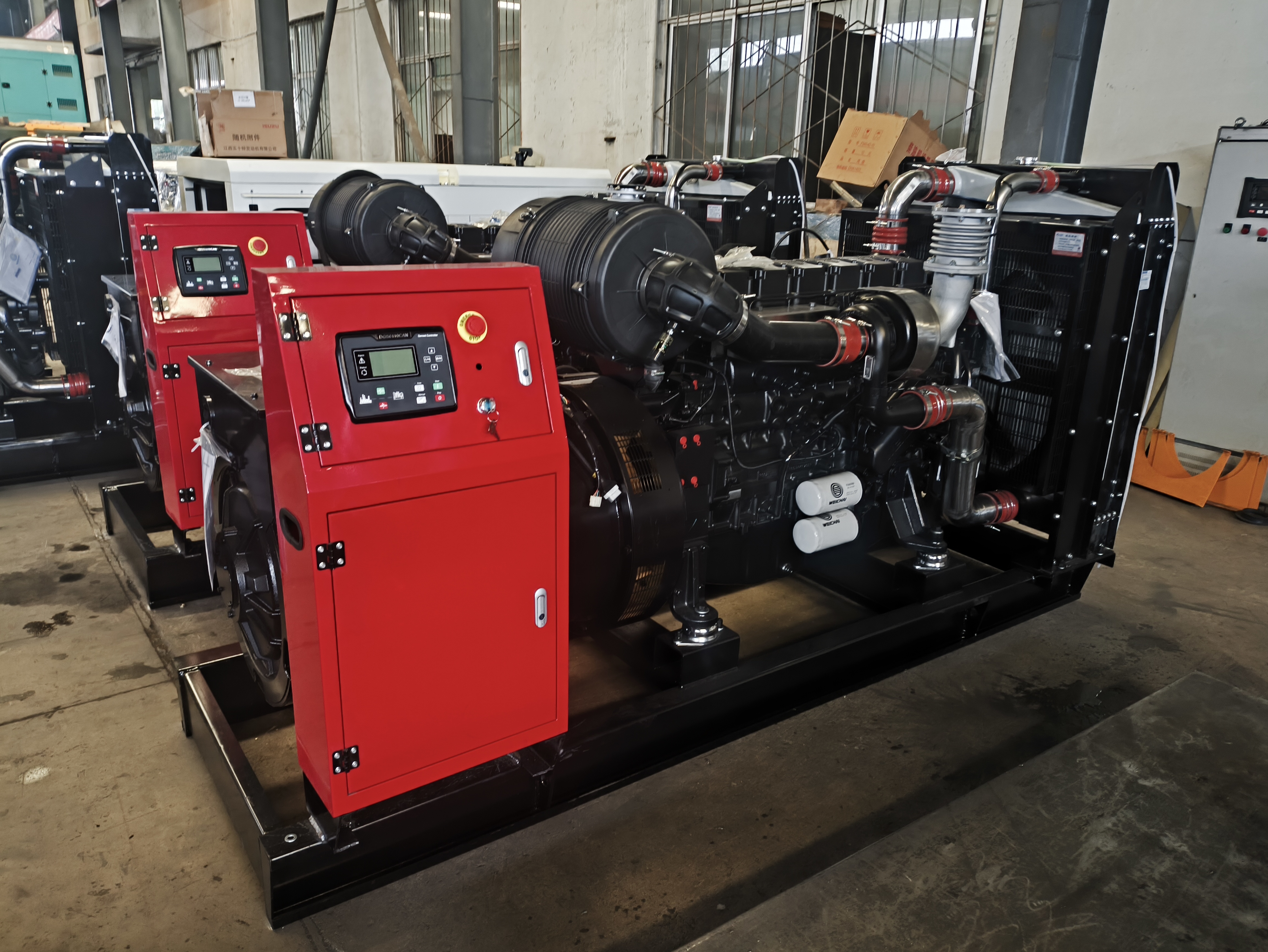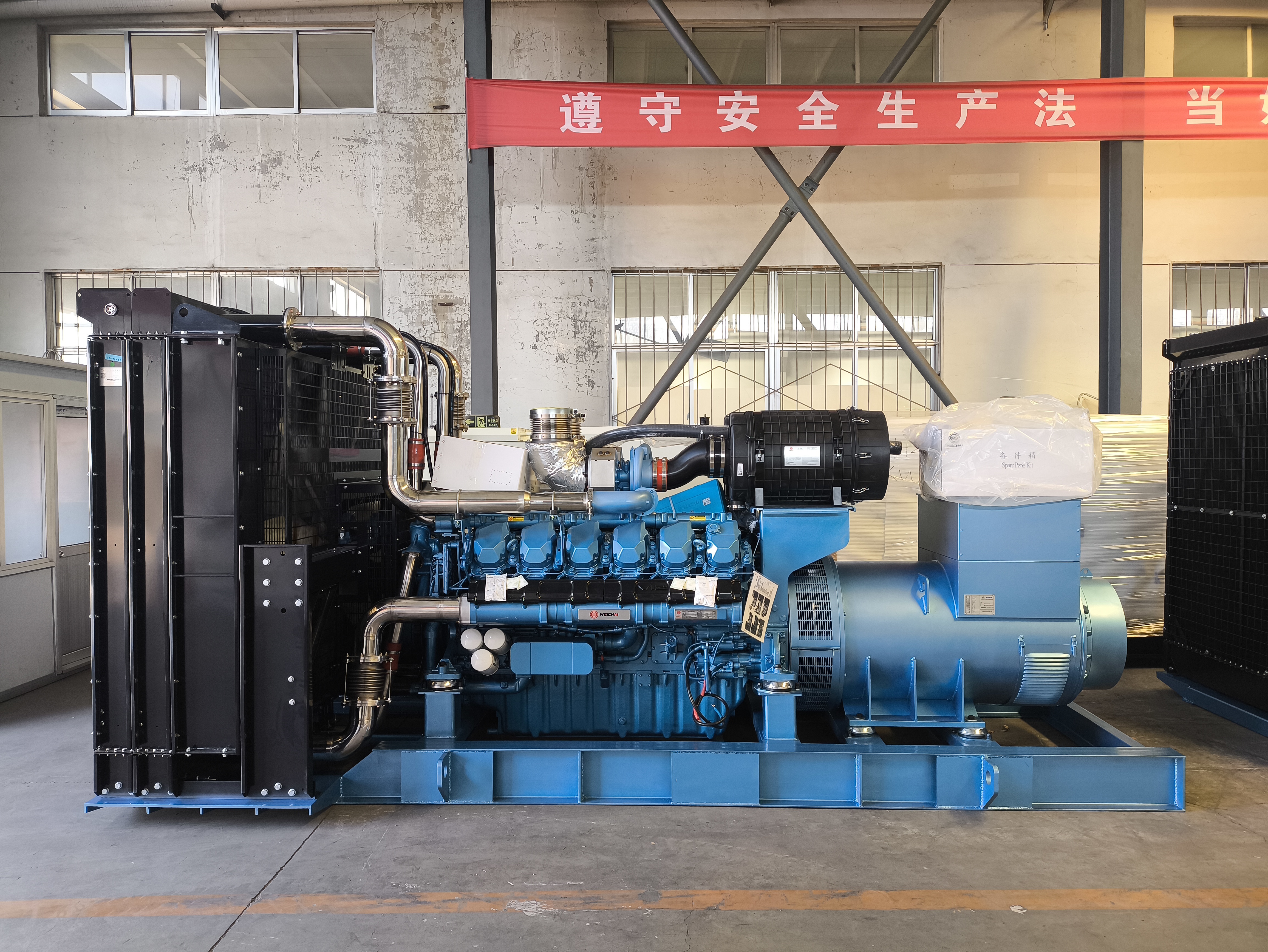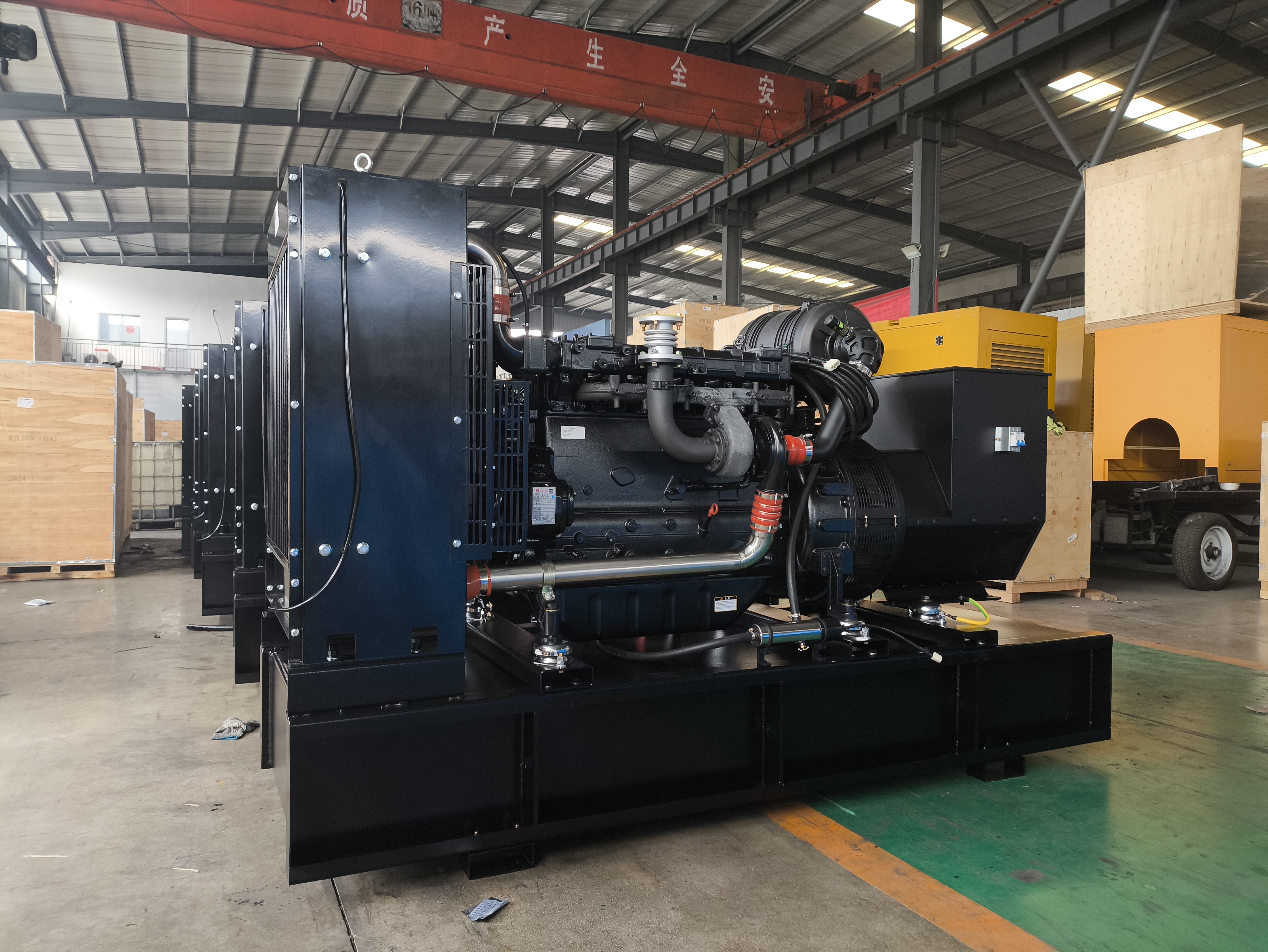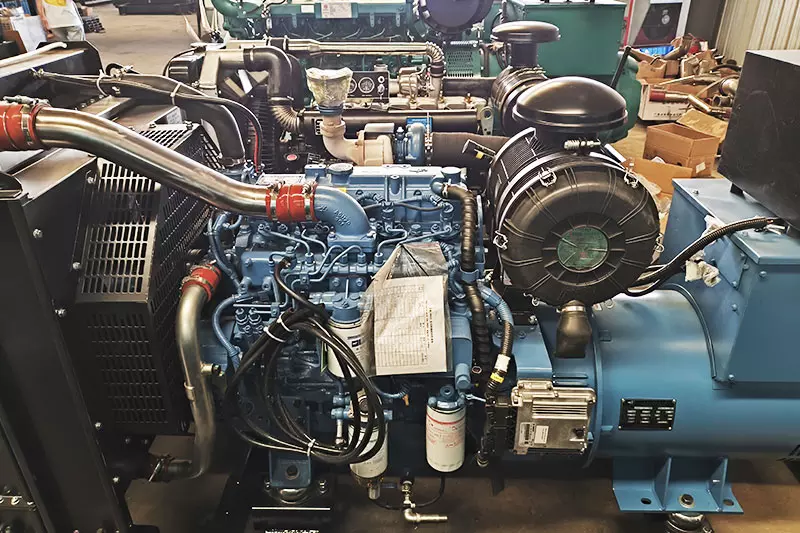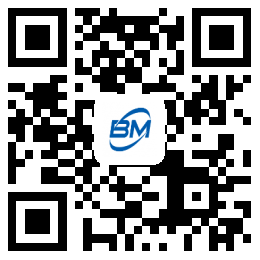Precautions for Diesel Generator Sets
Release Date:
2025-07-22
All safety standards at the installation site should be clearly visible.
1. Warning Signs and Labels
There are some safety signs on all our engines. Please take some time to familiarize yourself with the location and content of these safety standards personally.
All safety standards at the installation site should be clearly visible. If the text and patterns are unclear, they should be cleaned and replaced. When cleaning signs, use a cloth, water, and soap. Do not use solvents or gasoline, as these can loosen the adhesive of the signs and cause them to fall off.
If the sign is damaged, lost, or unclear, you must replace it with another one.
Operation of the engine and working on the engine are not allowed before you read and understand the instructions and warnings in the operation and maintenance manual. Failure to follow instructions or ignoring warnings can cause damage to the generator set or personal injury.
About Warning Texts:
! Danger. Please fully understand the warning content and strictly follow the warning for safe operation. Indicates a dangerous condition with a high probability of death or serious injury if not avoided.
! Warning. Indicates a dangerous condition with a potential risk of death or serious injury if not avoided.
! Caution. Indicates a dangerous condition with a potential risk of minor or moderate injury if not avoided.
Dangerous Matters:
Before maintenance or repair of the generator set, hang a "Do Not Operate" or similar warning sign on the start switch or control lever.
Unauthorized personnel are not allowed near the engine during maintenance or repair of the generator set. Press the emergency stop button on the generator set control panel, and the generator output switch should be in the OFF position.
Depending on working conditions, safety helmets must be worn when entering the generator set installation site, and protective clothing should be worn. Protective eyewear and other protective equipment should be worn when necessary.
If operating the engine in an enclosed space, ear protection devices should be worn to prevent hearing damage.
Do not wear overly loose protective clothing or jewelry at the work site, as these may get caught on control levers or other engine parts.
Ensure all guards or covers on the engine are securely fixed in place.
Be careful when using all cleaning agents. Do not store maintenance solutions in glass containers, as glass containers are easily damaged.
Never attempt to repair things you do not understand, and do not use tools or equipment you do not know how to use.
Unless otherwise specified, the following operations should be performed during all maintenance and repair tasks:
Stop the engine operation. Do not repair the engine body or adjust the driven equipment while the engine is running.
Hang warning signs on the generator set and press the emergency switch of the generator set.
Disconnect the starting battery before performing maintenance on the electrical system.
Do not repair things you do not understand.
Use appropriate tools to replace or repair damaged equipment.
Engine start or stop is only allowed on the generator set control panel. Never short-circuit the starter motor terminals or battery, as the current can bypass the engine neutral-start system and damage the electrical system.
When starting the engine after repairing the fuel system, if the engine overspeeds, immediately shut off the fuel supply and cut off the engine intake to stop the engine.
Compressed Air and Water:
Compressed air can cause personal injury. When cleaning with compressed air, always wear a protective face shield, protective clothing, and protective shoes.
The air pressure when cleaning equipment must be below 205 kPa (30 psi).
Always wear protective goggles when cleaning the cooling system. Pressurized water flow can cause debris to spray out and cause personal injury.
Penetration Power of Liquids:
When checking for leaks, use a thin board or cardboard to press against the leaking liquid. Even leaks from pinholes can penetrate human organs and cause serious injury or death.
Asbestos Materials:
Be especially careful when handling parts containing asbestos fibers to avoid inhaling dust that may be generated. Inhaling this dust is hazardous to health. If asbestos dust cannot be avoided, wear a dust mask.
Pipes, Tubes, and Hoses:
During maintenance, carefully inspect all pipes, tubes, or hoses. Do not bend or strike high-pressure fuel lines. Do not use bent or damaged pipes, tubes, or hoses. Repair loose or damaged fuel lines, oil lines, or hoses, as leaks can cause fires.
Pay safety attention to the following conditions of pipes, tubes, or hoses:
End fittings displaced, damaged, or leaking.
Hose outer skin rubbed or cut, exposing reinforcing wire.
Hose outer layer bulging.
Hose bends twisted or flattened.
Metal clamps embedded into hose skin.
Preventing Burns:
To prevent burns, do not climb onto a running or not yet cooled engine to remove or fill the coolant filler cap. The engine coolant is hot and pressurized at operating temperature. The radiator and all pipes leading to the heater or engine contain hot water. When pressure is released quickly, hot water will turn into steam.
Contact with hot water or steam can cause severe burns. Before discharge, the cooling system components should be cooled down. The coolant level can only be checked after the engine is turned off and the filler cap has cooled enough to be unscrewed by hand.
The coolant may contain rust inhibitors or antifreeze. To prevent personal injury, avoid contact with skin and eyes, and do not ingest.
Engine oil and fuel:
Overheated engine oil and parts can cause personal injury. Avoid contact with skin.
All fuels, most lubricants, and some coolant mixtures are flammable. Mixtures of diesel and gasoline vapors are explosive.
Do not smoke while refueling or near the refueling area. Place all used oil rags and other flammable materials in appropriate containers and keep them away from sparks and open flames.
Welding or cutting is not allowed on pipes or lines containing flammable liquids. If welding or cutting is necessary, thoroughly clean with a non-flammable solution. Also promptly clean flammable substances such as engine oil, fuel, and other debris from the engine.
Prevent fire and explosion:
If the working environment causes the engine to intake combustible gases through the air intake system, these gases can cause engine overspeed, potentially resulting in severe engine damage and personal injury or property loss. Therefore, flammable items and gases are not allowed to be stored in the working environment.
Related News
"Survive by Quality, Develop by Technology" is the corporate culture of Benma Power Company


